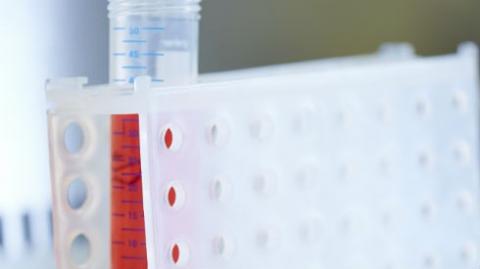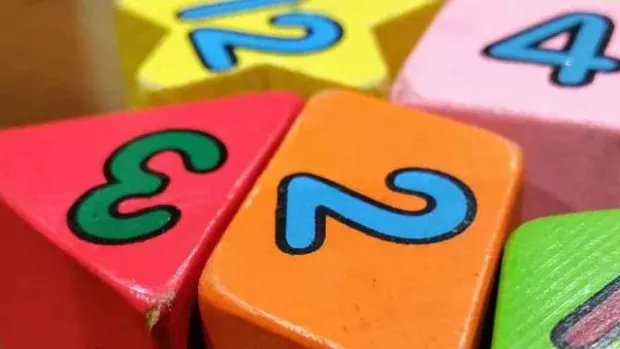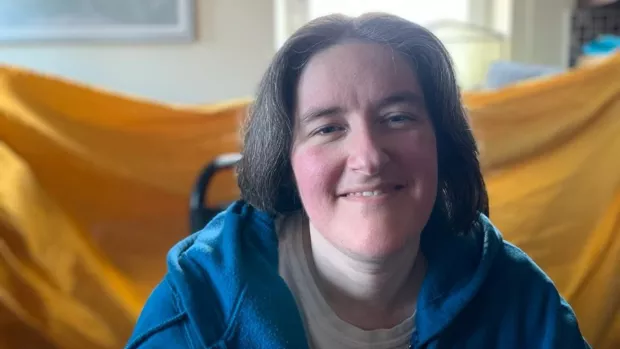Exploring the role of ‘autoantibodies’ in childhood MS

- Lead researcher:
- Professor Chris Linington
- Based at:
- University of Glasgow
- MS Society funding:
- £96,018
- Status:
- Complete
About the project
Some people with MS don’t respond to currently available treatments that reduce inflammation in the brain and spinal cord. This is because it’s believed that myelin damage can be caused by a number of different factors, some of which cannot be prevented using current treatments.
Prof Linington’s research group has shown that one of these factors may be a type of protein present in their immune system known as ‘autoantibodies’. These autoantibodies could target and destroy myelin making cells (oligodendrocytes). This group of researchers is already undertaking an MS Society funded project aiming to characterise these autoantibodies, so they can develop a test to identify people with MS who have them.
Researchers will now look at whether autoantibodies play a role in childhood MS, exploring whether they are linked to the severity and progression of MS in children.
How will it help people with MS?
There are no specific therapies that have been validated in children with MS. This research will determine whether treatments to remove autoantibodies are likely to be helpful in treating children with MS, and will develop a technique for determining which children are likely to benefit from such treatments.
The difference you can make
By supporting this project you will be helping to improve our understanding of childhood MS and potential ways it could be treated.



